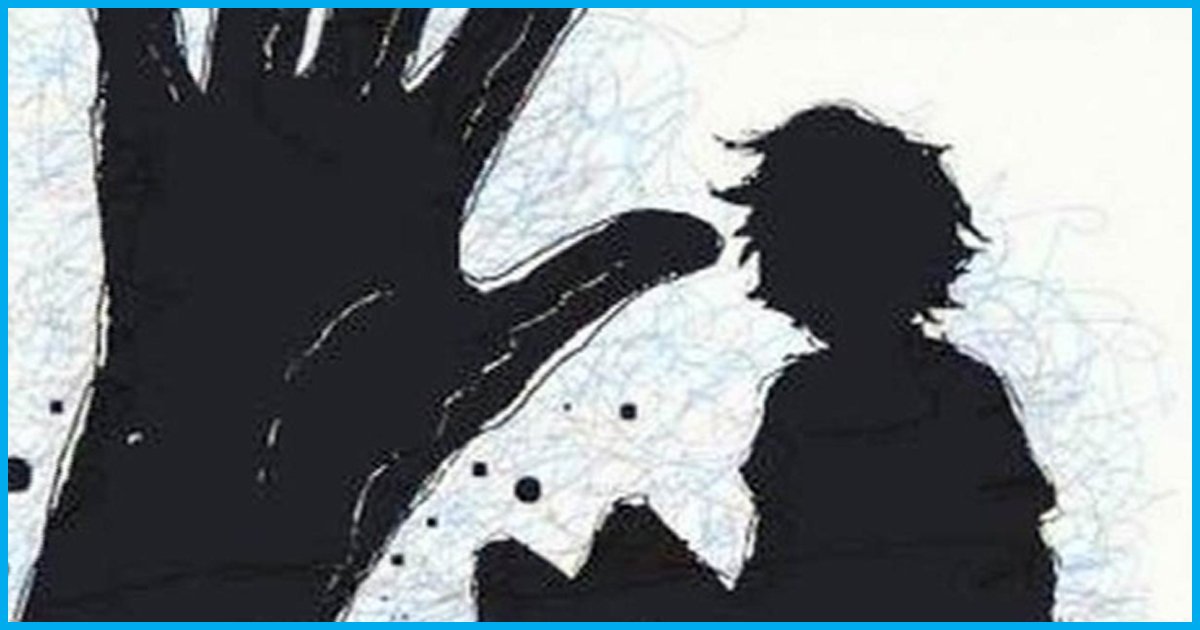
Punjab District Court Denies Abortion Plea Of 10-Yr-Old Raped By Uncle
A district court in Chandigarh has denied abortion to a 10-year-old rape survivor who is now in her 26th week of pregnancy, as reported by The Times of India. The survivor had been raped several times, allegedly by her maternal uncle, Kul Bahadur, who hails from Nepal. Her father is a government employee, and her mother is a domestic help.
The recent judgement by the district court has sparked off severe controversies in different circles. The court of additional district and sessions judge, Poonam R Joshi, passed the judgement basing it on a medical report filed by the gynaecology department of Government Medical College and Hospital (GMCH), Sector 32.
This particular instance has left many medical experts astounded as there have been very rare instances of girls at such tender ages getting pregnant.
The pelvic bones of a girl this age are not strong enough to bear a full-term pregnancy, the doctors opined – both vaginal delivery and a C-section would be dangerous to the mother.
Speaking to The Times of India, Rashmi Bagga, Department of obstetrics and gynaecology, Post Graduate Institute of Medical Education and Research (PGIMER), Chandigarh said, “Spotting underage pregnancy is more difficult than normal pregnancy – when a menstrual cycle is missed, it is not noted by underage girls.”
Under the Medical Termination of Pregnancy (MTP) Act, abortion is not permitted after 20 weeks except in cases where there is risk to the mother’s life or the foetus is genetically deformed.
Similar incident
Another 10-year-old was found pregnant after being raped allegedly by her stepfather on 13 May, as reported by Hindustan Times. The girl was admitted to the local Post-Graduate Institute of Medical Sciences (PGIMS) where doctors confirmed her pregnancy.
The medical board of the Institute, however, has left it to the court to decide whether the 10-year-old survivor should be allowed to abort her foetus.
The survivor’s pregnancy was just on the verge of completing 20 weeks.
Speaking to the Hindustan Times, Dr Prashant Kumar at the PGIMS said, “The board has found that both the situations — abortion at present and delivery — could be equally dangerous for the victim. So the court will be able to assess better what should be done now.”
The flip side of the coin
Although the Supreme Court in a landmark judgement had ruled in favour of a 14-year-old rape survivor after which her 25 weeks pregnancy was terminated, it is often noticed that individual judgements on various parts of India vary drastically.
In June, the Bombay High Court refused a Pune resident’s plea for his 26-week-pregnant minor daughter, a rape survivor, to abort her foetus.
The act originally intended to prevent sex-based abortions, but now it has been seen that minor girls are the ones who end up suffering because of this law.
An amendment to the Medical Termination of Pregnancy Act was introduced in the parliament in 2006. It recommended extending the period for termination of pregnancies from 20 weeks to 24 weeks.
The amendment intended to empower women to make decisions about their pregnancies. The bill was again submitted to the cabinet for approval in 2017 but was returned by the Prime Minister’s Office (PMO) in May 2017. Instead, the PMO asked the Ministry of Health to strengthen the existing MTP and Pre-Conception Pre-Natal Diagnostic Techniques Act.
Points to ponder
- Although aimed at preventing sex-based foeticide, the Medical Termination of Pregnancy Act (1971) has placed minor rape survivors at the altar of sacrifice by compelling to bear the brunt of an unwanted pregnancy.
- Awareness about child sexual abuse has still not percolated deep in the society - there is a lot of silence on this, especially because of the naivety of the survivors. Also it needs to realised that most of the cases of sexual harassment in children take place in the closed circle of family and relatives, where threatening and fear works to a great extent.
 All section
All section













